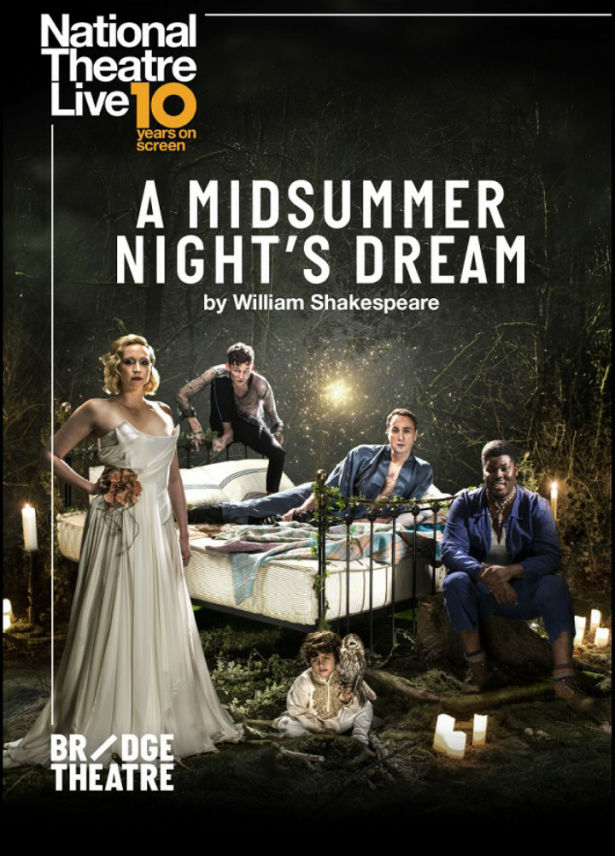
Bringing Theatre to the Cinema and to the Home
Nicholas Hytner was the artistic director of the National Theatre back in 2009 when the venerable British institution rolled out National Theatre Live -- live, or nearly live, worldwide cinema broadcasts of their plays. It was wildly successful.
When Hytner left the National, he co-founded London Theatre Company, housed at Bridge Theatre. NT Live had expanded to broadcast productions of affiliate theatres -- including Bridge Theatre.
The original Bridge Theatre production ran from June 3 to August 31, 2019 with the original cinema broadcast debuting on October 17, 2019. It played for free on YouTube from June 25 to July 2, 2020 -- during the height of the COVID-19 pandemic. It now frequently appears on their National Theatre At Home streaming service.
,
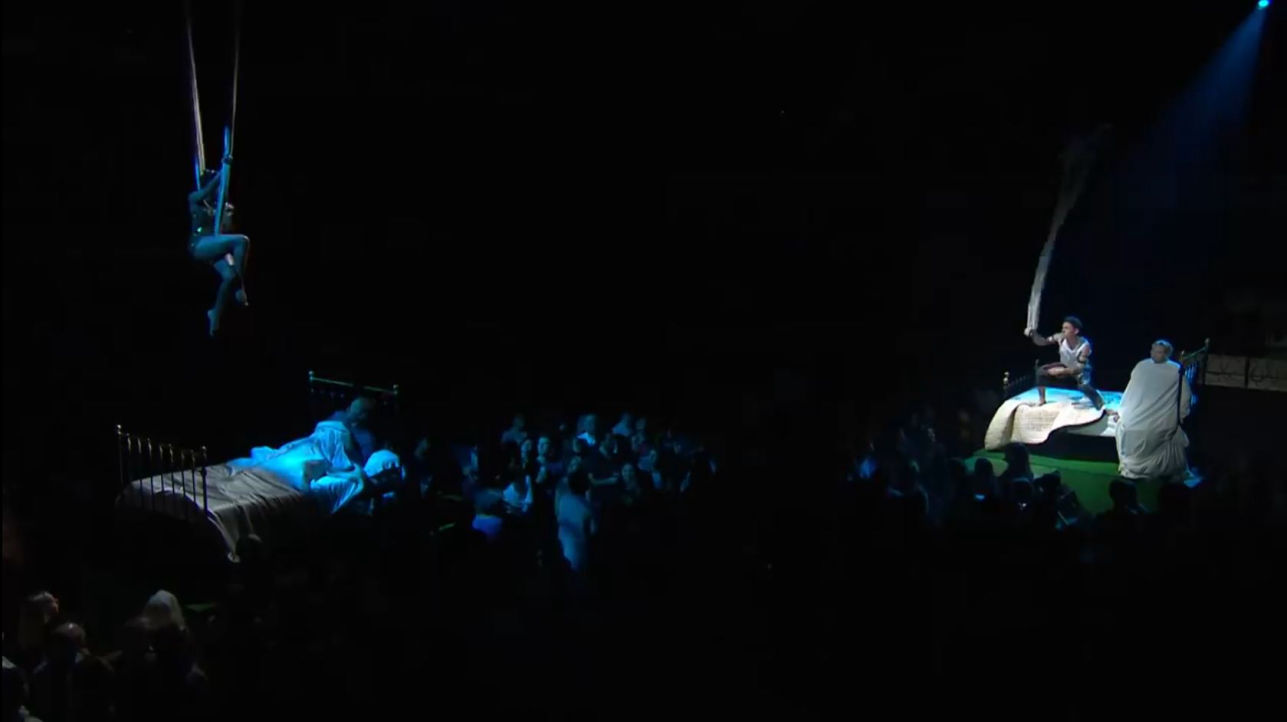
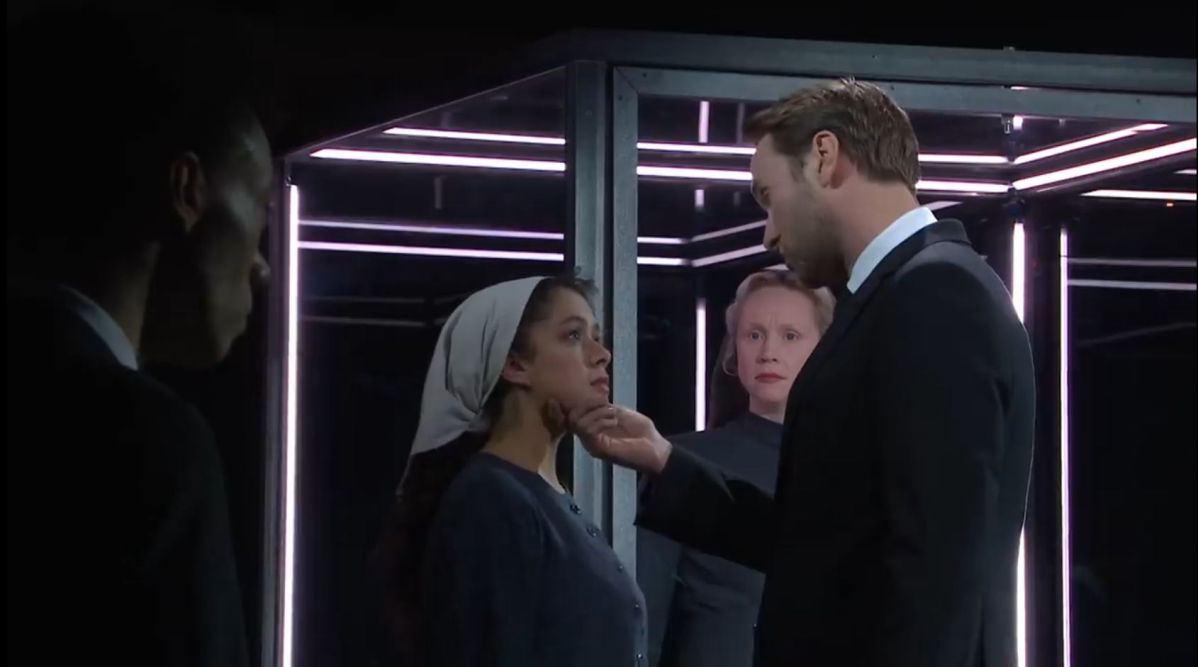
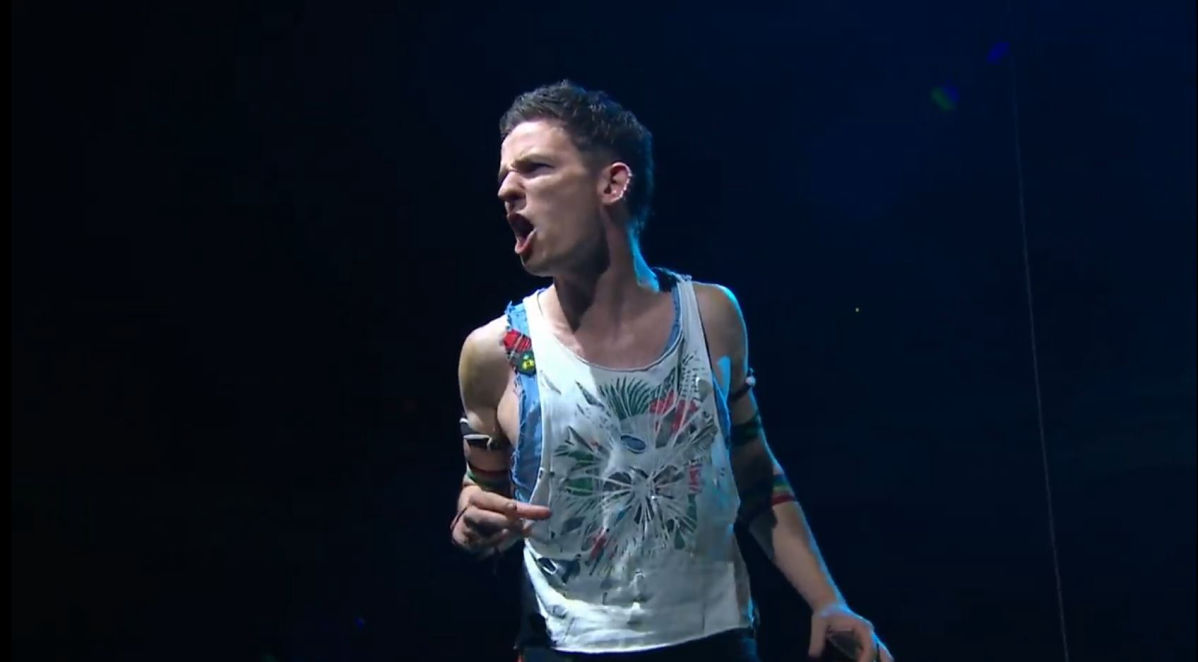
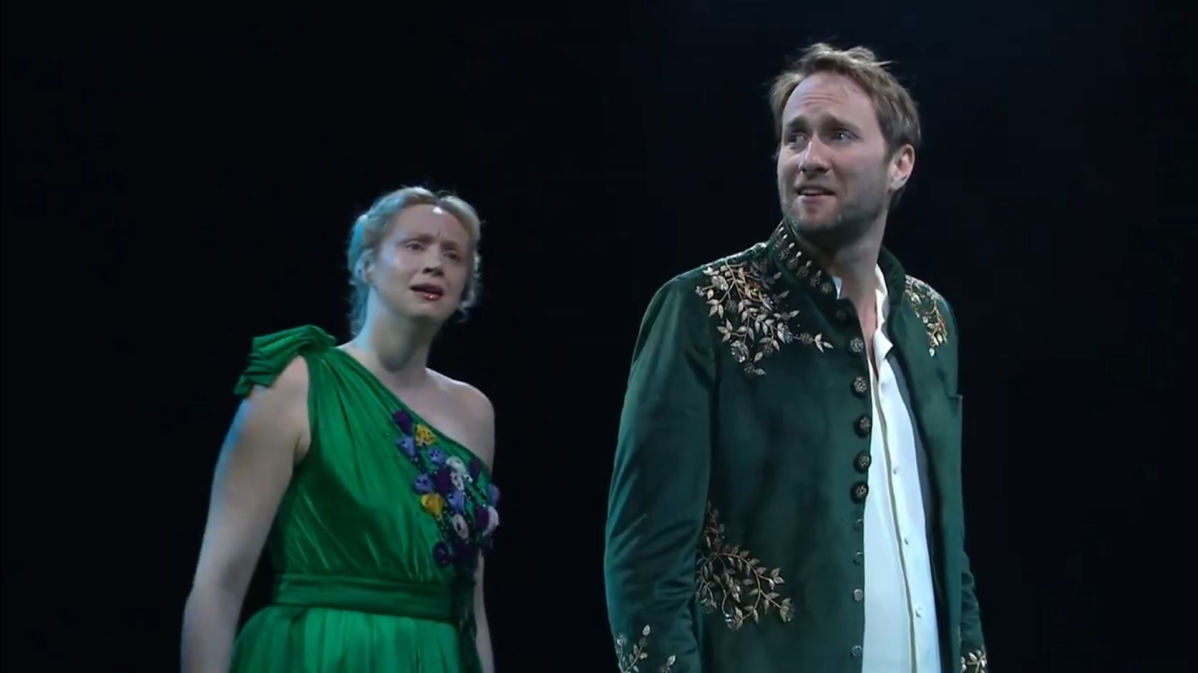
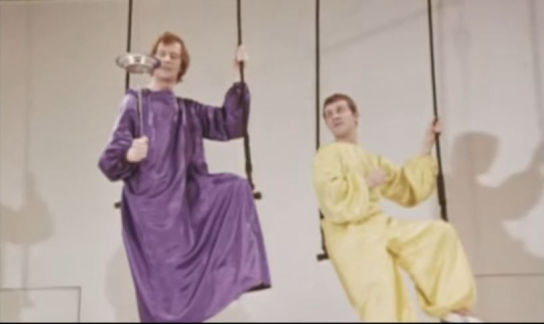
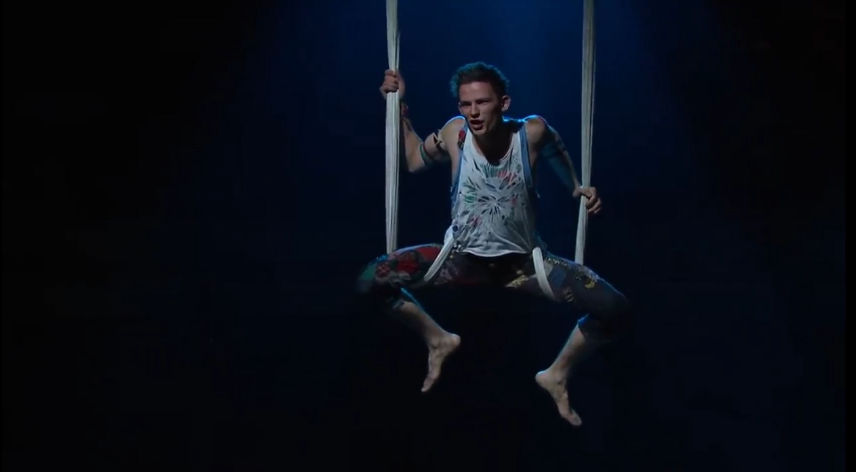
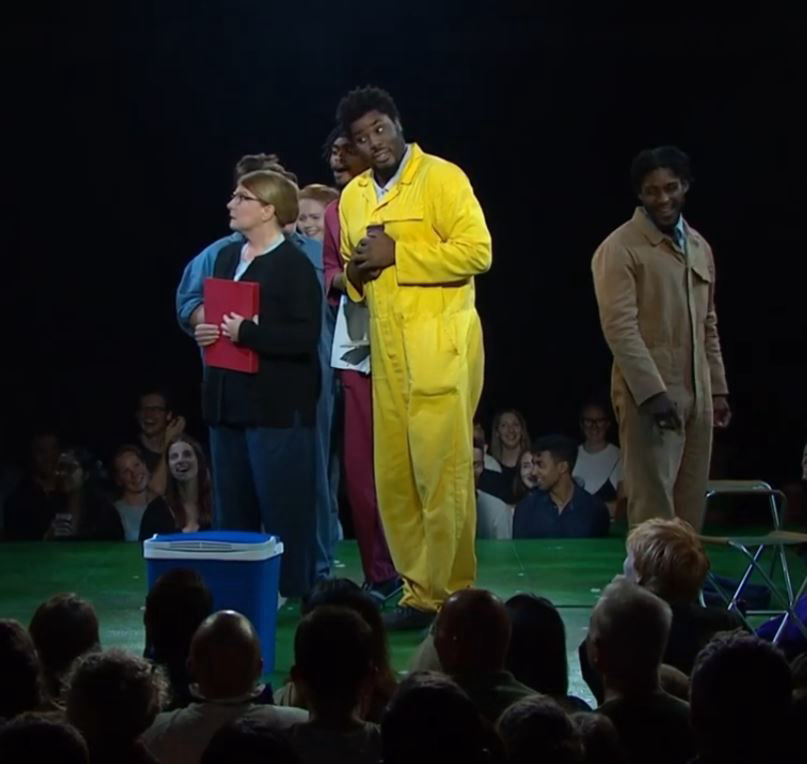
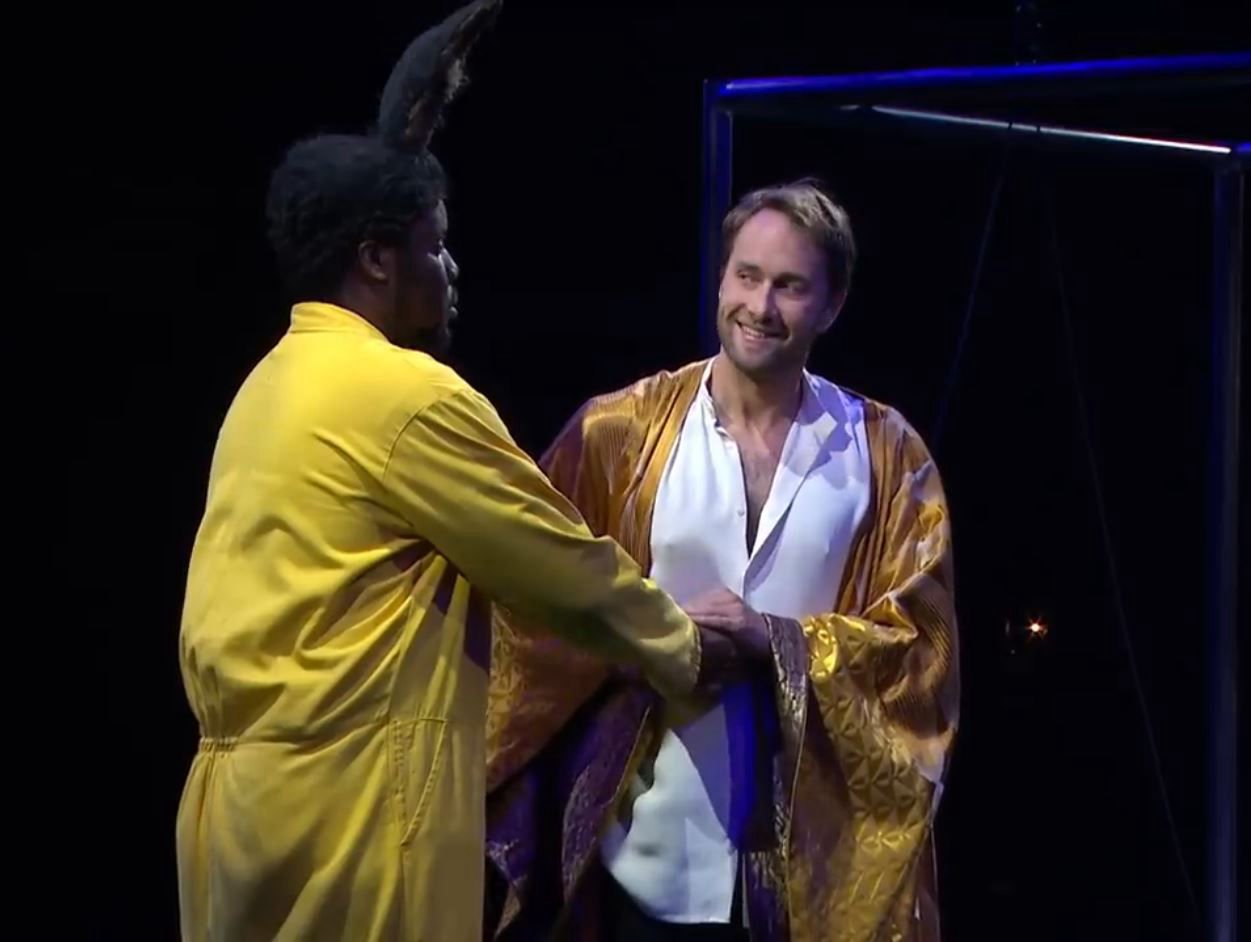
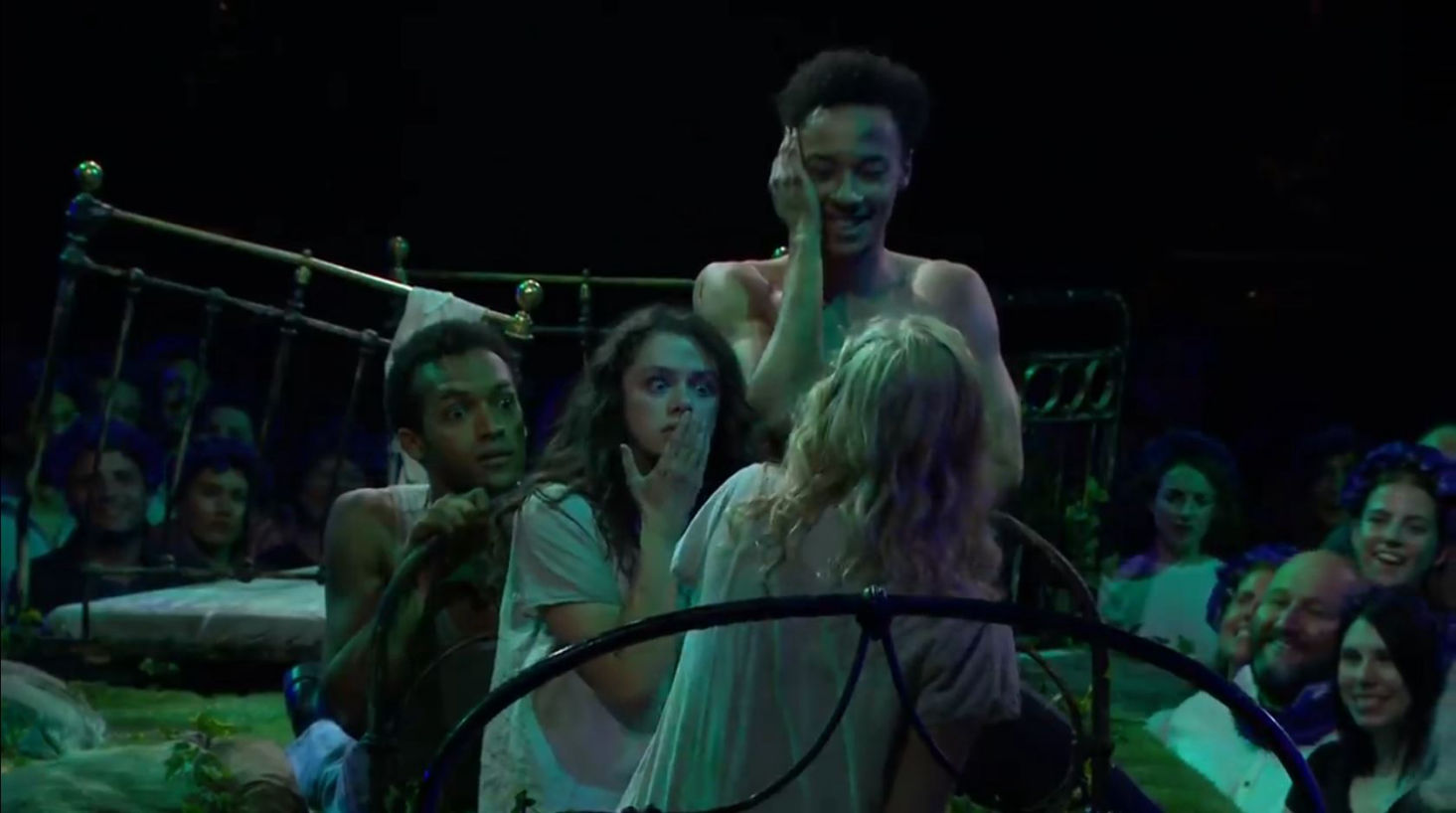
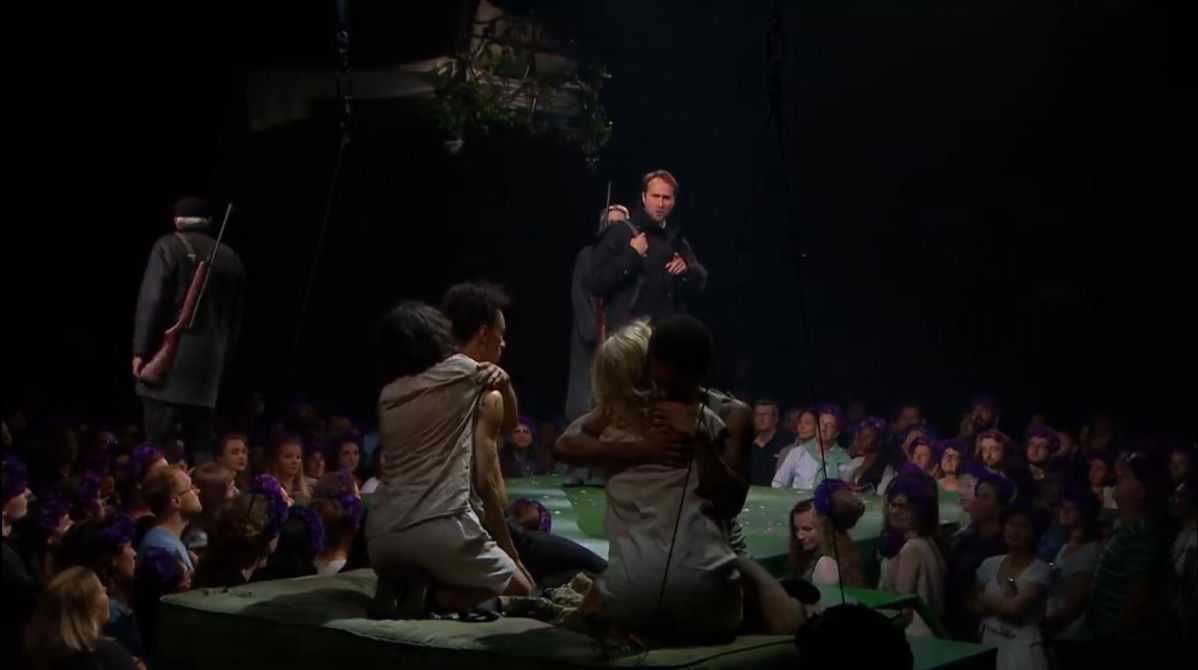 ">
">
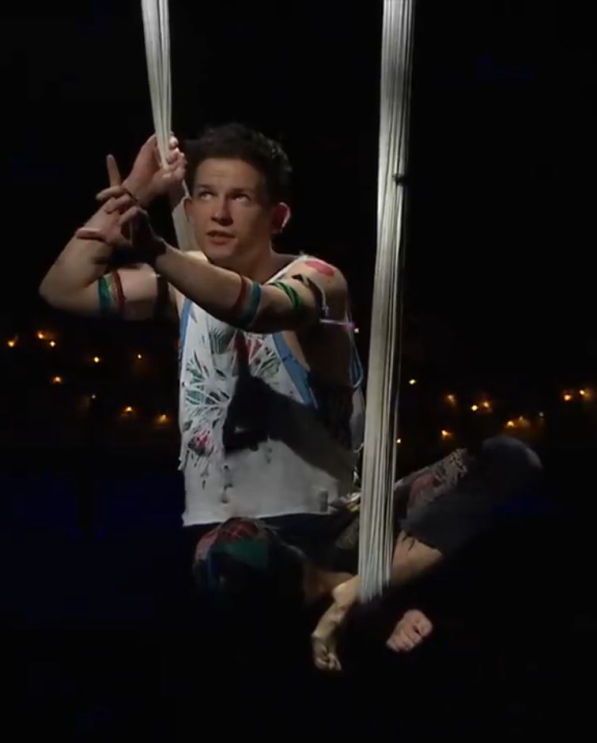
Contact Us